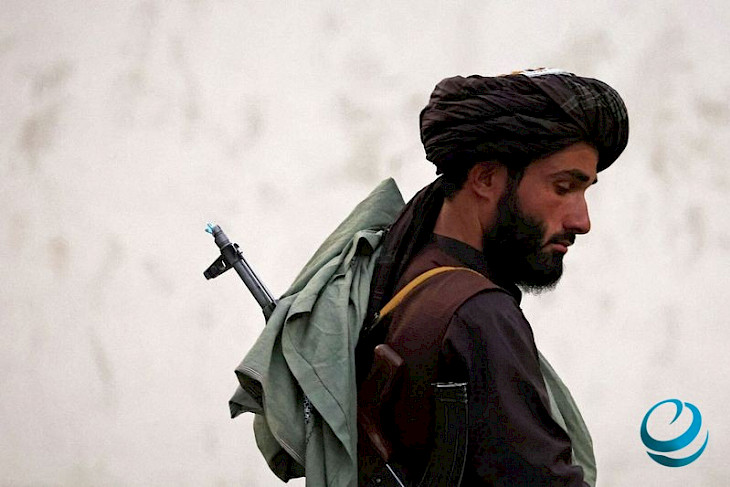Kazakhstan has removed the Taliban from the list of terrorist organizations in order to develop economic ties with the Islamic Emirate of Afghanistan, Kazakh President Kassym-Jomart Tokayev said recently.
“Kazakhstan excluded the Taliban regime from the terrorist list, based on the importance of developing trade and economic cooperation with modern Afghanistan and the recognition that this regime represents a long-term factor,” Tokayev said at a meeting with the speakers of the chambers of parliaments of the Collective Security Treaty Organization (CSTO) countries in Astana. His words are quoted by Tokayev’s press service, Eurasia Today reports.
Tokayev noted that one of the strategic tasks at the current stage is the active involvement of Afghanistan in interregional ties.
Emphasizing the importance of the coordinated position of the CSTO countries on this issue, the President of Kazakhstan called for support of Kazakhstan’s initiative to create a UN Regional Center for Sustainable Development Goals for Central Asia and Afghanistan in Almaty.
The chances that other CSTO members will follow Kazakhstan's example and remove the Taliban from the list of terrorist organizations depend on several factors.
First, the domestic political realities and economic interests of each member state play an important role. If countries see prospects in economic cooperation with Afghanistan, they may reconsider their positions.
Second, diplomatic relations with Afghanistan and the influence of external players such as Russia and China can significantly influence decisions. The support or neutral position of these countries may contribute to similar actions by other CSTO members.
Let us recall that Russia and China have de facto been closely cooperating with the interim Taliban government for a long time.
In addition, economic benefits, such as access to natural resources and new markets, could provide incentives to reconsider the Taliban's status. Specific investment projects related to Afghanistan may also play a role.
Finally, issues of regional security and control of extremism remain important. If cooperation with Taliban-ruled Afghanistan is seen as a way to stabilize the region, this could contribute to a change in positions.
Thus, each CSTO member will make a decision based on its national interests and the current situation, and although Kazakhstan can become an example, this does not guarantee similar actions by all countries of the organization. At least now we can understand that the main factor on the path to recognition of the Taliban is still economic.
Recently, the Supreme Court of Tajikistan published a list of organizations considered terrorist. A total of 29 were hit, including the Taliban.
In addition, active work on the construction of the Koshtupe water canal by the Afghan government could also play a significant role in the governments of countries such as Uzbekistan and Turkmenistan, which offer the Taliban a coordinated use of the water resources of the Amu Darya River, where water for the new canal in Afghanistan comes from.
Speakers of the CSTO countries parliaments have met on June 3, 2024, and discussed security issues of the Organisation in Astana.
CentralasianLIGHT.org
June 3, 2024

